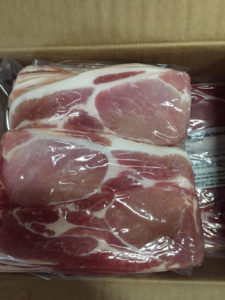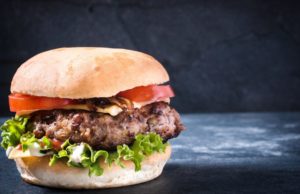Meat-free fundraising slated by farmers
MANY farmers have been outraged this week by two major cancer charities asking for people to go meat-free for a month with a view to raising money for them.
A social media storm has seen many from the industry – which has been a huge supporter of the charities, Macmillan and Cancer Research – cancel standing orders and stop giving donations to both.
Finlay Munro, from Easter Ross, has written to the Macmillan charity’s CEO, pointing out in his letter: “Unsupported by facts relating to the UK, your ‘Meat-free for March’ campaign is evidence of yet another organisation jumping on the bandwagon to bash red meat and promote veganism. It will have a profound and damaging effect on the rural economy in the UK.
“It blatantly ignores any advice given by your own organisation on the need for a nutrient dense diet during treatment, or on a balanced diet in general day-to-day wellbeing,” wrote Mr Munro.
“This rural Highland area, like so many others, has given so much to your organisation. Just one local fund-raising event, staged at Dingwall Mart – where they sell livestock, among other things – raised, I understand, some £125,000. My mother-in-law had a brush with cancer, following which, as a family, we donated one of our cattle to this sale. We never did get a thank you letter.”


